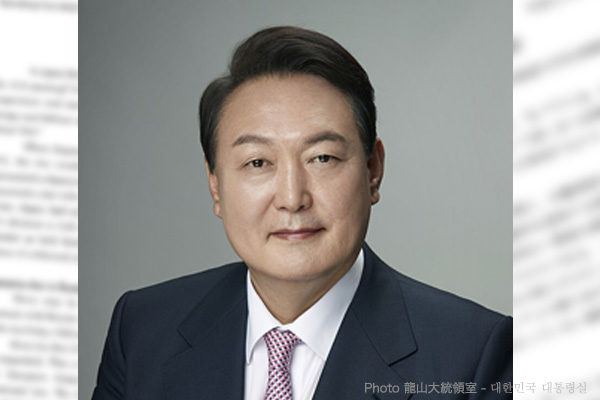“Conservatives in South Korea must fall to the ground. Only then can they regenerate,” said South Korean conservative leader Cho Gab Je in the wake of chaos over President Yoon Suk Yeol’s imposition of martial law.
As a result of the ruling People Power Party’s crushing defeat in the National Assembly general election in April, the government of President Yoon has been dragged down by the parliament dominated by the huge opposition camp. Obsessed with the delusion that South Korea could go to ruin as opposition parties backed by North Korea were hampering his efforts to do his best for the country, Yoon attempted to neutralize the National Assembly by using military force. The South Korean leader was distracted.
Dictatorial idea of declaring martial law
Yoon’s martial law declaration warned that doctors-in-training and all other medical professionals who are “on a strike” or have left medical institutions would be punished under martial law unless they return to their jobs within 48 hours and work faithfully. More than 90% of the doctors-in-training (junior doctors seeking to become specialists) have resigned and left their workplace in protest against Yoon's policy of increasing medical school quota. The Yoon government interpreted their action as a strike and used police to put pressure on them. But the trainee doctors have refused to return to their workplace. So, Yoon attempted to use the military to forcefully bring them back to their workplace. A dictator is tempted to think that since he is doing right things, those who refuse to cooperate should be forced to do so.
However, the president’s constitutional power to declare martial law is subject to control by the National Assembly. The constitution stipulates that the president must lift martial law if the National Assembly votes to request the lifting. The National Assembly dominated by opposition parties cannot be expected to support any martial law declaration to neutralize the parliament. Yoon did not understand this simple logic. Yoon was incompetent, impulsive, and self-righteous, failing to be suitable for the presidency.
Yoon’s early resignation is inevitable
The impeachment proceedings against Yoon in the National Assembly on July 7 failed as most of ruling party lawmakers left the chamber before the floor vote. However, the ruling party’s defense of Yoon is premised on his early resignation. Despite any twists and turns, a presidential election will be held next spring or summer. If things remain unchanged, Lee Jae Myung, leaded of the largest opposition Democratic Party of Korea, is likely to win the presidential election.
Lee has repeatedly made harsh anti-Japanese remarks, branding Japan as an enemy or a hostile state. He has requested in an SNS post to immediately suspend what he called a “traitorous protection of military information” for unlimited provision to the “de-facto enemy, Japan” under the Japan-South Korea General Security of Military Information Agreement (GSOMIA). “Japan is still a hostile state in terms of military aspects. If Japan becomes a military power, the Korean Peninsula will clearly be its first attack target.” He has also harshly criticized the 2015 Japan-South Korea comfort women agreement, saying that rapists were decriminalized by paying a bit of money.
In his book, Lee advocates balanced diplomacy, saying, “Our country, located on a peninsula for a geopolitical collision between continental powers (China and Russia) and maritime powers (the United States and Japan), must develop independent and balanced diplomacy.”
Under a Lee Jae Myung government, the U.S.-South Korea alliance is likely to weaken, with Japan-South Korea relations deteriorating, as seen during the Moon Jae In Government. There is also a scenario in which South Korea approaches China amid U.S.-China confrontation. Given that North Korea, extremely leery of information influx from South Korea, has made a major policy shift to view South Korea not as the same nation and abandon the reunification of Korea, North-South relations will remain unchanged.
Tsutomu Nishioka is a senior fellow and a Planning Committee member at the Japan Institute for National Fundamentals and a specially appointed professor at Reitaku University. He covers South and North Koreas.


